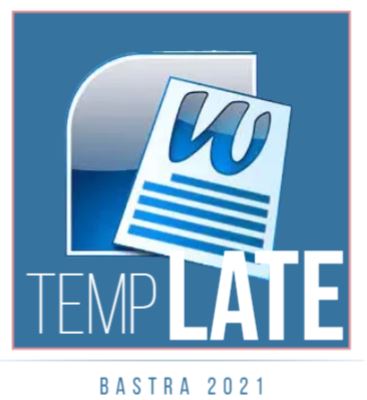URGENSI ANALISIS KESALAHAN BERBAHASA DALAM IMPLEMENTASI KURIKULUM 2013
Keywords:
urgency, language error analysis, implementation, 2013 curriculumAbstract
The curriculum in 2006 led to the notion that aspects of language does not need to be taught, whereas grammatical / linguistic competence covered in communicative competence. Therefore, aspects of language should be taught primarily to correct students' language errors. Based on such ideas, Indonesian student teachers need to be equipped by Language Error Analysis subject. This study aims to reveal the existence of Language Error Analysis subject and describe the urgency of Language Error Analysis subject in the implementation of 2013 curriculum. To achieve these objectives descriptive-qualitative research with documentation and interviews as data collection techniques were applied. The research subjects were lecturers of education majoring Indonesian language and literature. The results showed that Language Error Analysis course was still very necessary and the existence was urgent for the implementation of 2013 curriculum.
Downloads
Published
How to Cite
Issue
Section
License
Authors who publish with PENTAS agree to the following terms:
Authors retain copyright and grant the Engagement right of first publication with the work simultaneously licensed under a Creative Commons Attribution License (CC BY-SA 4.0) that allows others to share (copy and redistribute the material in any medium or format) and adapt (remix, transform, and build upon the material) the work for any purpose, even commercially with an acknowledgement of the work's authorship and initial publication in BASTRA.
Authors are able to enter into separate, additional contractual arrangements for the non-exclusive distribution of the journal's published version of the work (e.g., post it to an institutional repository or publish it in a book), with an acknowledgement of its initial publication in BASTRA.
Authors are permitted and encouraged to post their work online (e.g., in institutional repositories or on their website) prior to and during the submission process, as it can lead to productive exchanges, as well as earlier and greater citation of published work (See The Effect of Open Access).

This work is licensed under a Creative Commons Attribution-ShareAlike 4.0 International License.








